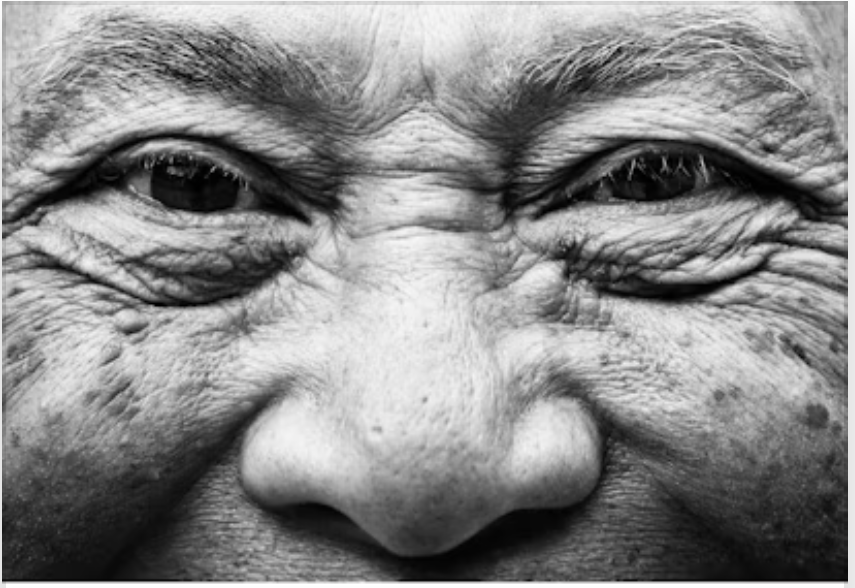While liberals and conservatives argue about immigration and the rights of illegal aliens, Manuel Casas argues for the children who are caught in the middle of these very divisive issues.
Earlier this month, the emeritus professor of counseling, clinical, and school psychology at UC Santa Barbara traveled to Washington, D.C., to speak at a congressional briefing in support of two recently introduced House of Representative bills. Each bill is aimed at establishing guidelines for more "humane" treatment of detained illegal immigrants –– and their children –– as they move through the judicial system. The bills are also designed to maintain as much family unity as possible throughout the legal process.
"These bills have nothing to do with immigration reform," said Casas. "They are not a first step toward changing immigration law. They don't address whether or not illegal immigrants should be allowed to stay in the United States. They address how people, and particularly children, should be treated as they go through the judicial process. People can still be deported after proper hearings and so forth, but in the interim, treat them humanely and do as little damage to the children as possible."
HR 3531, the Humane Enforcement and Legal Protections for Separated Children Act, (also known as the HELP Separated Children Act), is sponsored by Congresswoman Lynn Woolsey, a Democrat representing California's 6th District. It would set forth apprehension procedures for Department of Homeland Security personnel involved in immigration enforcement, and provide related protections for detained individuals who belong to specific vulnerable population groups. In addition, the proposed bill would amend the Immigration and Nationality Act to provide appropriate legal counsel for arrested or detained individuals pending custody determination and possible deportation within 72 hours of apprehension.
The bill also would amend the Social Security Act to require that state agencies overseeing foster care and adoption assistance programs make provisions for children whose parent, legal guardian, or primary caregiver has been detained or deported. Additionally, it would mandate special training for immigration enforcement officials and require that immigration detention facilities take steps to preserve family unity.
"Federal law puts a woman –– and in these situations we're usually talking about women –– in jail because she's an illegal alien," Casas said. "And because she is not given an opportunity to make arrangements for her children, the state accuses her of abandonment and takes them away. It can happen that a woman leaves her children at school in the morning and then literally never sees them again if she is picked up as an undocumented resident."
Child welfare laws differ from state to state, Casas continued, and one of the main goals of HR 3531 is to create standard guidelines that immigration enforcement officials across the country can follow.
Casas also spoke in support of HR 1215, the Immigration Oversight and Fairness Act. Sponsored by Congresswoman Lucille Roybal-Allard, a Democrat who represents California's 34th District, it would direct the Secretary of the Department of Homeland Security to require live training of all Department of Homeland Security personnel who come in contact with children of detained illegal immigrants. It would also set forth standards for immigration detention facilities, and direct the Secretary to convene a detention advisory committee; establish and disseminate regulations regarding care and custody of detainees; implement secure alternatives to detention programs under which eligible individuals are released under supervision and with monitoring, to ensure their appearance at all immigration interviews, appointments, and hearings; and provide protective detention alternatives for specified categories of vulnerable individuals.
Both bills have been referred to committee.
An emeritus faculty member in UCSB's Gevirtz Graduate School of Education, Casas continues to teach and conduct research. His current work focuses on Hispanic families and children who are at high risk for experiencing educational, health, and psychosocial issues. His research pays special attention to the resiliency factors that can help Hispanic families avoid or overcome these problems.
He is currently a member of the American Psychological Association's Committee on Children, Youth, and Families, and has served for the past 15 years as the only Hispanic commissioner on the Santa Barbara County Mental Health Commission.



